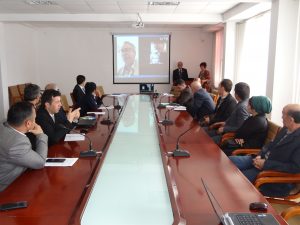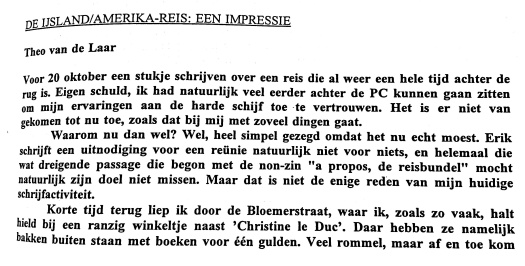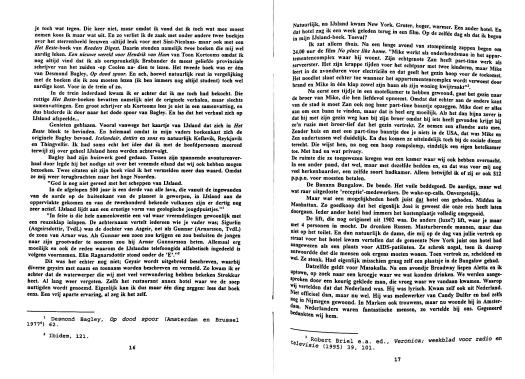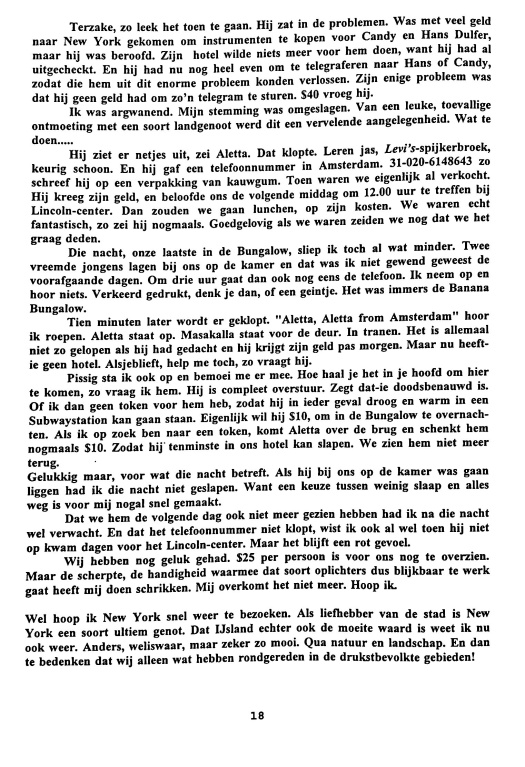A few weeks ago, I had the pleasure to speak at an online conference regarding tourism development and education in Dushanbe, Tajikistan. Online, because of corona of course. The global challenges that the industry faces do also propose a challenge for Central Asia. I have tried to shed my light on some of the challenges ahead, after a year long process of trying to redevelop the tourism curriculum for local Tajik universities, especially the Institute of tourism, entrepreneurship and service of Tajikistan.
In 2011 I first came to Tajikistan. Before I came, I had to find out, on a map, where it was. Although I had been in Iran regularly and in some other former Soviet countries, Tajikistan was a big unknown to me. In my view, that was a wonderful challenge. I got to work as an “expert contemporary tourism experiences” for a year through VSO, a volunteer organization. During that year I would be affiliated with the Institute of Entrepreneurship and Service of Tajikistan in the capital Dushanbe.
After arriving, a VSO colleague asked me how many lessons I thought I would give. “Classes?” I thought, “is that what I’m here for?” I was and am not an educator, but rather someone who can share experiences, tried and tested by tourist practice. At that time I saw myself much more as someone who could open the windows and let in the 21st century.
I stayed for thirteen months. A time in which I gave few lessons, but was able to do a lot. For example, together with a colleague, I managed to train a group of students to become Dushanbe City Guides. Not that many tourists came to the capital, but there were (and are!) always fore igners, often people working in Tajikistan, who appreciate an introduction to the capital city. The Facebook page of this group of students still exists, and there are still people who want to be added to it. It should be easy to breathe new life into this 2012 initiative, and to make it into a money maker, in the form of free walking tours. There should only be an enterprising man or woman who sees something in it. But that spirit, I saw some time ago, is lacking.
igners, often people working in Tajikistan, who appreciate an introduction to the capital city. The Facebook page of this group of students still exists, and there are still people who want to be added to it. It should be easy to breathe new life into this 2012 initiative, and to make it into a money maker, in the form of free walking tours. There should only be an enterprising man or woman who sees something in it. But that spirit, I saw some time ago, is lacking.
About a year ago, I was approached again by the Institute. I had had many wonderful adventures and had meanwhile landed as a tourism lecturer at the Breda University of applied sciences in my home country of the Netherlands. Again, not that I see myself as a teacher, but I find the combination of sharing knowledge with young people and “getting your feet dirty” in tourism practice is an attractive combination. That I partly owe my appointment in Breda to my experiences in Tajikistan is of course a great coincidence. To me, the request to participate as a consultant in this project is a big honour. And although my employer, BUas, could not be officially involved in this project, I was of course able to bring my experiences to Dushanbe.
One of the things I’ve seen in Breda is that as an educational organisation you have to be at the heart of society. Our students have contacts with the professional field at various times and tourism professionals, entrepreneurs, are often practically involved in our educational programs. Our students are, as it were, being trained to become entrepreneurs. At the beginning of this academic year I was involved as a teacher in the “module” Introduction Tourism, the first introduction to our new first year students, fresh from their previous education, with tourism. Tourism as an industry, as a field of activity, but above all as a challenge. I greeted these new freshmen with the announcement that they had made a terrible choice. “Tourism is destroying the world. All that flying, all those people, overtourism”. But, I immediately added: “Fortunately you, the new generation of tourism professionals, are here to come up with innovative solutions to help our beautiful industry emerge stronger from these challenges – and save the planet in the meantime.” Students often looked a bit shocked. Maybe, because they are already being called tourism professionals, but my words to them bear some truth. In this current corona crisis, which has unfortunately now also reached Tajikistan, innovative solutions to keep tourism going will also have to be found. Travel is currently thought to be a big reason for the spreading of the virus. Our students are challenged on many fronts to come up with solutions to tackle not only overtourism and the cultural and natural pollution that tourism brings, – the disruptive sides of the industry are being highlighted more now because of the calmness in our cities and tourist attractions, so we can clearly see what horrors mass tourism causes – , but certainly also to shape travel for a time after the corona virus. It is significant that UNWTO has launched a “competition” for the best innovations to emerge from this era. After all, the best ideas often arise in times of crisis. And the students from Breda, and my colleagues, work hard and eagerly on this.
When I asked in Dushanbe about a year ago to speak to some tour operators, because I believe a curriculum has to offer what the industry demands, a kind of conference was promptly organized. That was not my intention, but it was interesting. What stuck with me the most from that afternoon is the sigh of a local tourism entrepreneur telling me he could earn so little from tourists, because nowadays they could arrange so much on the internet. For me, the defeatist sound of his words said the opposite of what you would expect from an entrepreneur: “shrug your shoulders! If what I offer is not what people are looking for, I’ll do other things and I will innovate”. After all, that is the crux of doing business: innovating and thus serving the market, instead of sadly observing that the market has changed.
An observation was made by the director of the Academy of Tourism of Breda University during the visit of a Tajik delegation, a few weeks ago, just before the Corona crisis really started to spread. He noted, hearing the stories, that there is a particular need for entrepreneurial skills and education in those skills in Tajikistan. Like that, the Tajik industry and entrepreneurs will be able to come up with solutions to keep the tourism industry ready for the future, in a continuously changing world, which always offers new and unexpected challenges, which in turn require an innovative spirit. And, he noted, Breda University will be happy to see whether and how it can offer a helping hand.
If one thing has become clear to me after 20 years in the tourism industry, it is that theory is beautiful. Beautiful, and patient. But what really matters in tourism are skills. Entrepreneurial skills, social skills. And you learn them mainly in practice. By giving the students the floor in a flip the classroom setting in order to come up with innovative solutions to the problems of entrepreneurs. By having students do business. By daring to fail, because you learn a lot from that. But also by honestly concluding that the theory and approach at the institute no longer train for what the global tourism industry needs today.
It is a good idea to think about how we can re-train and educate tourism educators. The number of contact hours in the classroom can drop significantly, to give space to new methods, such as a tourism impact lab. Because gaining skills, by working together and co-creating, leads to a new generation of young people who can renew the tourism industry in Tajikistan in their own way. Entrepreneurial people who see opportunities, not threats.
It is recommendable that ‘you people’ no longer look inside. The history of Tajikistan is beautiful, but if I have to guide someone or a group through Tajikistan as a guide, I can prepare myself for that. Because I learned how to do that and I gained the intercultural skills to guide a group of people from different cultures. After all, tourism is not a Tajik industry, but a global industry.
I therefor think the title of this conference is too limited. Tourism education should train people to be ready for the global nature of the industry. This becomes clear once again now that the world is hit by a pandemic and we need to find worldwide solutions to renew and innovate our beautiful and valuable industry. So that, after this crisis, in a possible new reality, we can still work on offering the people of the world unforgettable experiences. Live, or virtual? Who knows. But it is our duty to make sure that our industry is ready. And an institute of tourism, entrepreneurship and service has, by the nature of it’s name, a vital role to play in making that happen, through modern and meaningful education.
Thank you.




